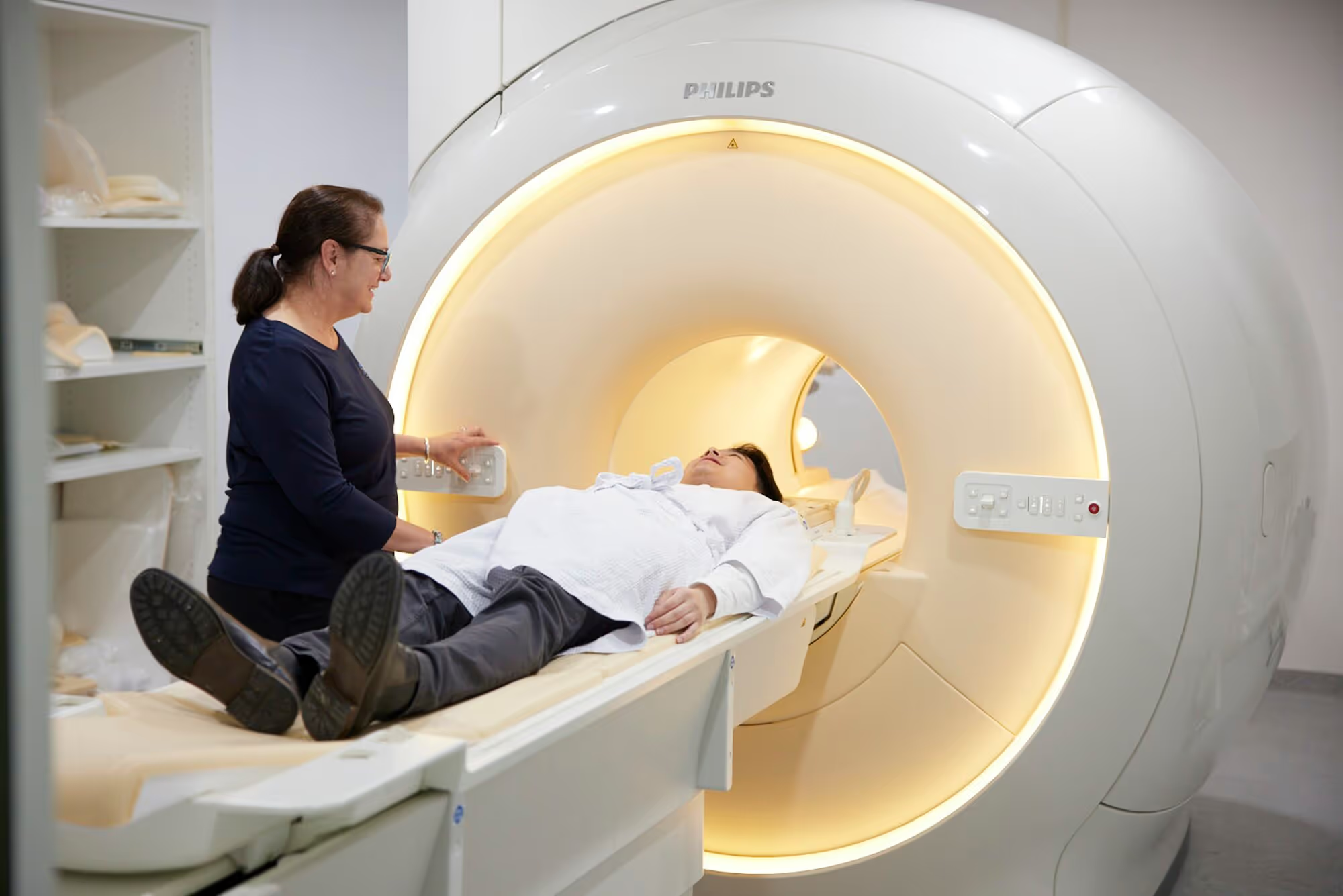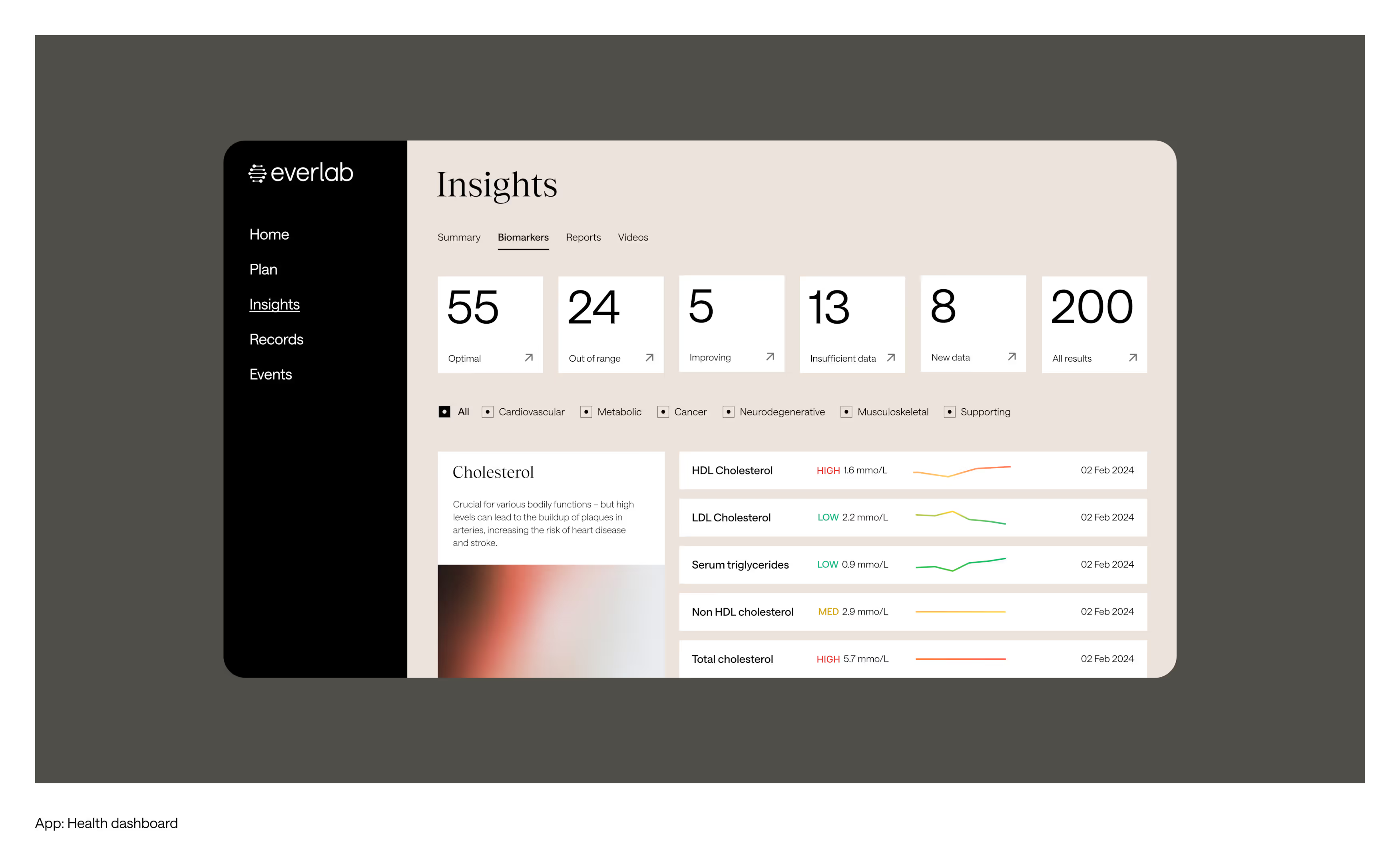Functional Medicine: The Future of Personalised Healthcare
Functional medicine is changing how we approach health, shifting the focus from symptom management to root-cause prevention and personalised care.

Functional medicine is changing how we approach health, shifting the focus from symptom management to root-cause prevention and personalised care. With rising interest in holistic approaches, Australians are turning to functional medicine and holistic doctors to optimise their health, especially as the big five chronic diseases—cancer, cardiovascular disease, metabolic disorders, musculoskeletal issues, and neurodegeneration—continue to dominate healthcare concerns.
In this blog, we’ll explore functional medicine: what it is, how it differs from conventional care, and why the functional medicine approach, which considers multiple factors such as diet, genetics, and lifestyle, may be the key to reversing and preventing disease risks.
A patient-centred approach that follows the functional medicine model, led by functional medicine doctors, to identify and address the underlying causes of health issues. Instead of focusing solely on symptoms, functional medicine practitioners take a deep dive into factors like genetics, lifestyle, and environment.
Functional medicine uses evidence-based approaches alongside advanced diagnostic tools to map out a comprehensive view of your health.

Functional medicine thrives on the principle that lifestyle choices directly impact health. Unlike conventional medicine, which often overlooks daily habits, functional medicine practitioners examine how factors like sleep, stress, and physical activity influence your well-being.
Sleep and Recovery: Poor sleep affects hormone regulation, immune function, and mental clarity. Recommendations often include optimising sleep hygiene, managing stress, and assessing melatonin levels.
The Stress Connection: Chronic stress can trigger inflammation, disrupt digestion, and accelerate disease processes. Functional medicine addresses stress through practices like mindfulness, yoga, or tailored counselling. Hormonal biomarkers like cortisol levels are monitored to measure progress.
Movement as Medicine: Physical activity is another critical factor in functional medicine. Beyond generic exercise advice, practitioners prescribe personalised plans based on your fitness level, joint health, and specific goals like building bone density or improving cardiovascular function.
In conventional medicine, they prescribe treatments to alleviate discomfort or manage disease progression. While this approach is effective for acute issues, it can fall short in detecting or reversing chronic conditions before they develop.
Holistic doctors in functional medicine focus on prevention. By examining a patient’s medical history, lifestyle, and biomarkers in depth, they can detect imbalances early—often before symptoms appear.
Functional medicine doesn’t wait for disease to strike. By identifying patterns in your biomarkers and lifestyle, a functional medicine team intervenes early to reverse risks for chronic conditions.

Unlike conventional care, functional medicine practitioners use a wide range of diagnostics to gain deeper insights. For instance, tools like DEXA scans, CTCA's, Whole-Body MRI's, ECG's, Gut Microbiome Tests, and genetic profiling provide clarity on risks for conditions like osteoporosis, cardiovascular disease, and metabolic syndrome. Functional medicine courses ensure that practitioners are equipped with the specialised training necessary to effectively utilise these advanced diagnostic tools.
Functional medicine doesn’t stop at prescriptions. It offers comprehensive strategies including diet plans, stress management techniques, mental health considerations, and precise exercise regimens that enhance overall well-being.
The first appointment with functional medicine providers, who are often medical doctors, is often longer than a typical GP visit. Holistic doctors review your full medical history, assess lifestyle factors, and may order detailed lab tests.
Tests can include:
After analysing your results, the doctor creates a personalised treatment plan. This could include dietary changes, stress reduction, supplementation, and monitoring specific biomarkers over time.
The demand for functional medicine and holistic doctors in Australia is growing. Why? Because they’re helping patients achieve what traditional medicine and conventional care often overlook: optimal health.
Credentials to look for:
Questions to ask:

At Everlab, we’ve taken the best of functional medicine and made it accessible to Australians looking to optimise their health.
Functional medicine offers a transformative approach to healthcare by focusing on prevention, personalisation, and treating root causes—not just symptoms. With its holistic philosophy and advanced diagnostics, it’s empowering Australians to take control of their health and reduce the risks of chronic disease.
If you’re ready to move beyond reactive care and discover the power of proactive health management, Everlab’s preventative health program is here to help. Optimise your health, improve your quality of life, and take the first step towards a healthier future today.




Join 1000's of Australians improving their health with proactive, personalised healthcare.